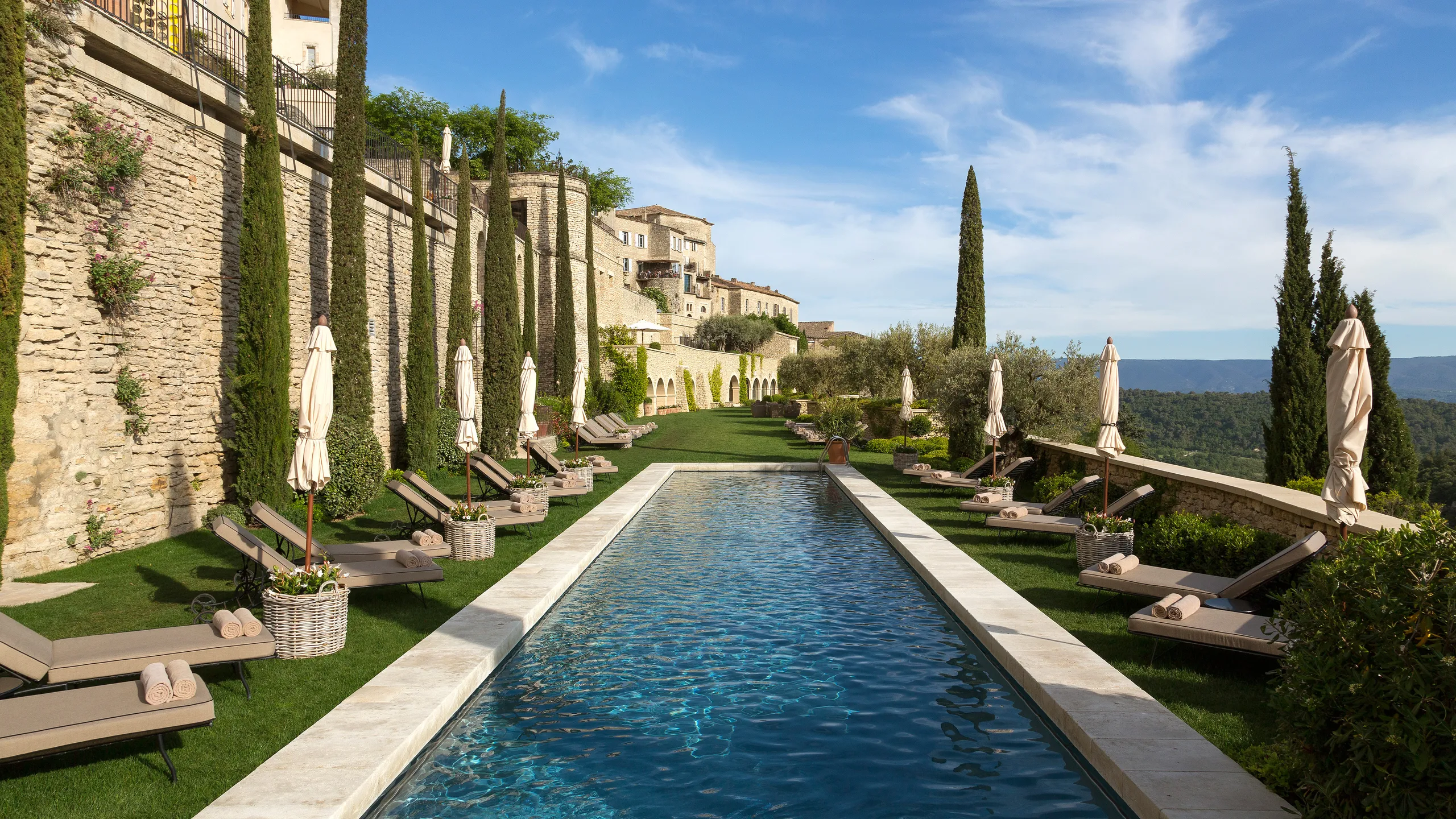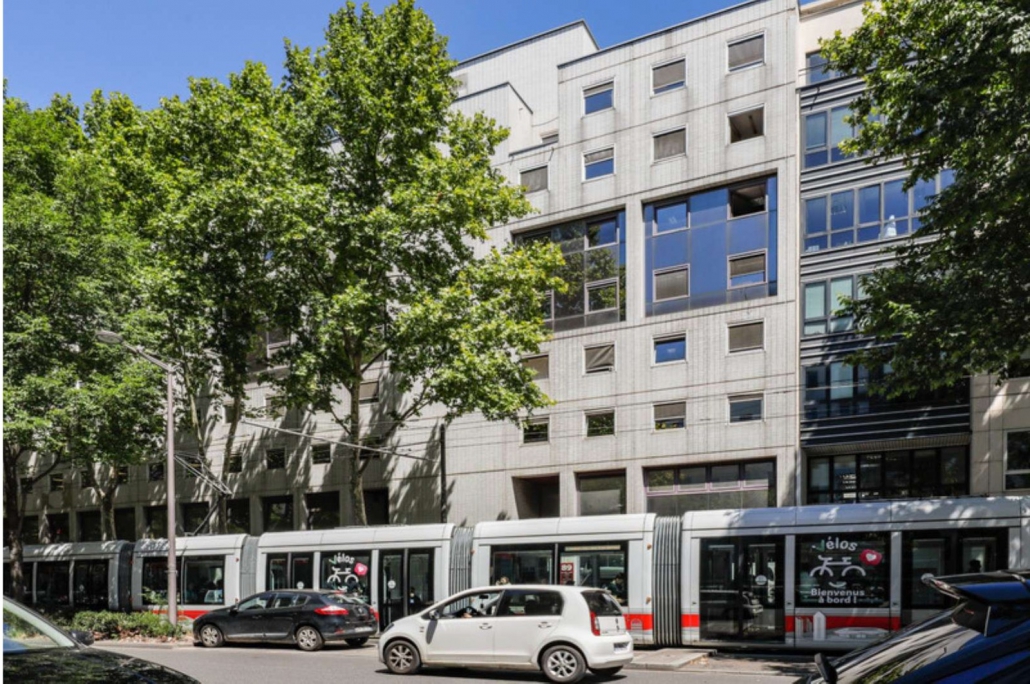Steeped in history and oozing cultural charm, Lyon remains a captivating destination for both natives and visitors. From its ancient origins through its vibrant present, this city continues to evoke a sense of curiosity and amazement. Packed to the brim with fun and interesting facts, this article aims to unravel the myriad layers of Lyon’s quintessential allure that sets it apart from other cities.
Home to several UNESCO World Heritage sites, and renowned for its annual Festival of Lights, Lyon’s charm is inescapable. Its gastronomic prowess, coupled with a rich tapestry of history and heritage, makes it a city of intrigue. Discover more about curious Lyon information as we delve into the city’s fascinating past and its vibrant presence.
Key Takeaways
- Lyon is a UNESCO World Heritage city, laden with history and culture.
- The city is known for its annual Festival of Lights.
Lyon is often referred to as the gastronomic capital of France. - The Old Town of Lyon is one of the largest Renaissance neighbourhoods in Europe.
- Lyon played a significant role in the French Resistance during World War II.
The Enchanting History of Lyon
Doused in a myriad of historical facts and artefacts, Lyon, once known as the ancient Roman city of Lugdunum, narrates tales from the ancient times till the modern age, leaving its visitors enchanted. Lyon’s historical timeline engulfs phases of Roman Influence, the Renaissance epoch, and dramatic war-time history. It is this amalgamation of diverse eras that bestows upon the city an unmatched allure.
Lyon’s Foundation and Roman Roots
An important stronghold in ancient Roman Gaul, Lyon owes its inception to the Roman empire, with its establishment dating back to 43 BCE. The city’s robust cultural and military sphere took root during these times.
The archaeological park and museums in Lyon serve as a window to its impressive Roman legacy. They exhibit the ruins of ancient theatres, a testament to the city’s deep-rooted significance in Roman Gaul.
Renaissance Influence and the Old Town
Transitioning to the Renaissance period, Lyon’s Old Town, fondly referred to as Vieux Lyon, flourished as one of the largest Renaissance neighbourhoods in Europe. From the 15th to the 17th century, it turned into a bustling commercial area, largely fuelled by the silk trade’s economic boom.
The Traboules, hidden passageways that dot the town, are architectural symbols of this era, facilitating efficient transportation of goods by silk workers.
Resistance and Resilience During War Times
As history unfolded, Lyon transformed into a city of resilience during the Second World War as it played an instrumental role in the French Resistance. Importantly remembered figures like Jean Moulin orchestrated clandestine activities challenging the imposing German occupation.
Speaking volumes about Lyon’s war-time history, the Centre d’Histoire de la Résistance et de la Déportation (History Centre of Resistance and Deportation) provides a comprehensive anthology of this challenging yet inspiring period.
Also Read: Maximising Your Benefits in France: Security Social, CAF, and More
Lyon’s Gastronomic Delights
Touting an esteemed status in the global culinary arena, the city of Lyon proudly flaunts a rich food heritage that showcases its undeniable gastronomic prowess.
The traditional Lyonnais cuisine, a heartwarming blend of locally sourced ingredients and long-standing cooking techniques, has rightfully bestowed upon Lyon the highly coveted title of world’s gastronomic capital.
Adding to the city’s food-focused appeal is the enduring legacy of renowned Chef Paul Bocuse. A figure synonymous with the influential Nouvelle Cuisine movement, Bocuse’s life and work have left an indelible mark on Lyon’s gastronomy. His influence resonates throughout the city’s bouchons – authentic local eateries dedicated to serving dishes rooted deeply in French culinary heritage.
Not resting on the laurels of its past, Lyon continually reinforces its gastronomic fame. Each year, it hosts a multitude of food-focused events that draw enthusiasts and professionals from around the globe.
One such event is the prestigious SIRHA – the International Hotel Catering and Food Trade Exhibition. This platform not only showcases Lyon’s culinary prowess but also underscores the city’s unwavering commitment to advancing the broader realms of the hospitality industry.
As an integral part of France’s culinary heritage, Lyon’s gastronomy extends beyond its city limits, rendering it a critical touchstone for those passionate about food and cooking. From traditional Lyonnais fare to innovative culinary creations, Lyon offers an unparalleled gastronomic journey, cementing its place on the worldwide culinary
Conclusion map
In this breathtaking exploration of Lyon, we’ve traversed through time to uncover the vibrant history and cultural heritage of a city that never ceases to impress. Anchored by a rich culinary trajectory and unforgettable landmarks, Lyon’s charm goes far beyond its gastronomic reputation.
Continued Cultural Significance of Lyon
The cultural landscape of Lyon is a magnificent amalgamation of the old and the new. Its fascinating Lyon trivia is preserved in formidable architecture, spirited festivals, and insightful museums that bear witness to the city’s past, even as it forges a path towards the future. This constant dialogue between antiquity and modernity is what makes Lyon’s cultural heritage uniquely captivating.
Lyon as a Must-Visit Destination
Comprising a stimulating mix of historical depth, architectural beauty, and culinary brilliance, Lyon stands out as an essential destination for those seeking an immersive French experience. Offering more than what meets the eye, Lyon presents visitors with a world bursting with astonishing discoveries, from its illuminated landmarks to its hidden courtyards. Every corner of this dynamic urban landscape is an invitation to delve deeper and be part of Lyon’s captivating narrative.
FAQ
What are some fun and interesting facts about Lyon?
Lyon is home to many interesting facets such as its status as the gastronomic capital of France and the host city of an annual Festival of Lights. In addition, much of Lyon’s central area has been designated as a UNESCO World Heritage Site owing to its ensemble of historical and architectural landmarks.
Can you share some information about Lyon's historical roots?
Lyon was originally founded by the Romans in 43 BCE as Lugdunum, a prominent cultural and military hub of the Roman Gaul. Today, the city’s archaeological park and museums offer glimpses into this impressive Roman legacy. Moreover, the city’s old town, known as Vieux Lyon, is one of Europe’s largest Renaissance neighbourhoods, boasting architectural treasures from the prosperous era of the silk trade.
What historic role did Lyon play during wartime?
During the Second World War, Lyon was a pivotal centre of the French Resistance against German occupation. Notable figures like Jean Moulin led clandestine activities that underscored the city’s resilience. The Centre d’Histoire de la Résistance et de la Déportation now offers in-depth insights into this significant era of the city’s history.
How has Lyon gained its title as the world's gastronomic capital?
Lyon boasts a rich food heritage and an array of revered establishments, many of which represent the authentic bouchon culture. Renowned chef Paul Bocuse, a pivotal figure in the Nouvelle Cuisine movement, hails from Lyon, and his legacy continues to influence the city’s gastronomic scene. The city also hosts the SIRHA – the International Hotel Catering and Food Trade Exhibition, an annual event that draws a global audience.
Why is Lyon considered a must-visit destination in France?
Lyon’s cultural heritage, vibrant history, and renowned gastronomy make it an essential destination for travellers. Its unique blend of historical depth and architectural grandeur, coupled with culinary excellence, offers a comprehensive French experience. Beyond its visible allure, Lyon presents an opportunity to discover equally intriguing yet hidden aspects, from illuminating festivals to concealed courtyards, perfectly embodying the phrase “there’s always more than meets the eye”.


